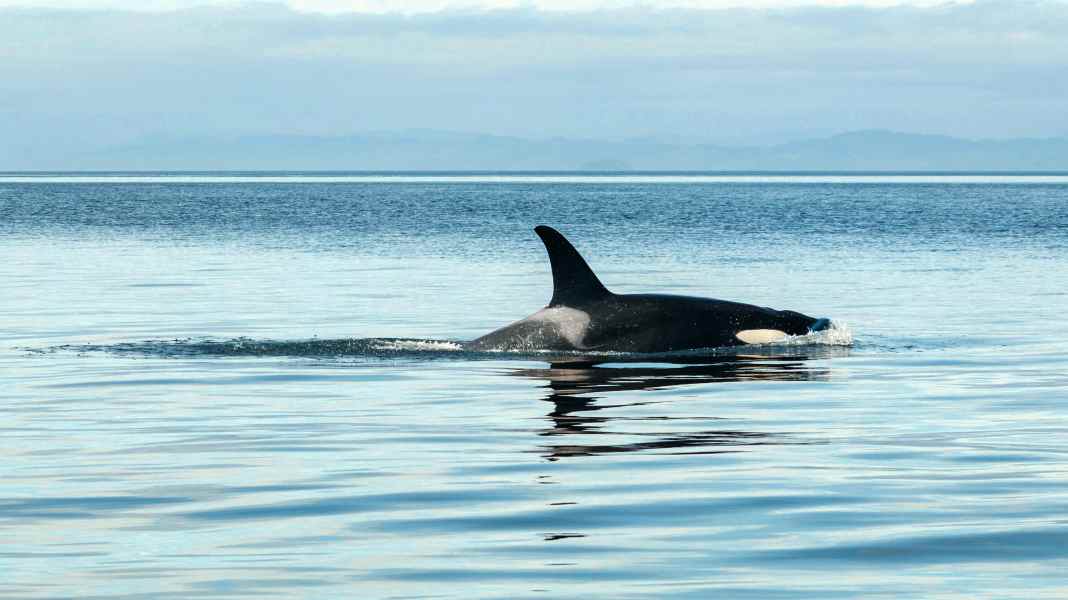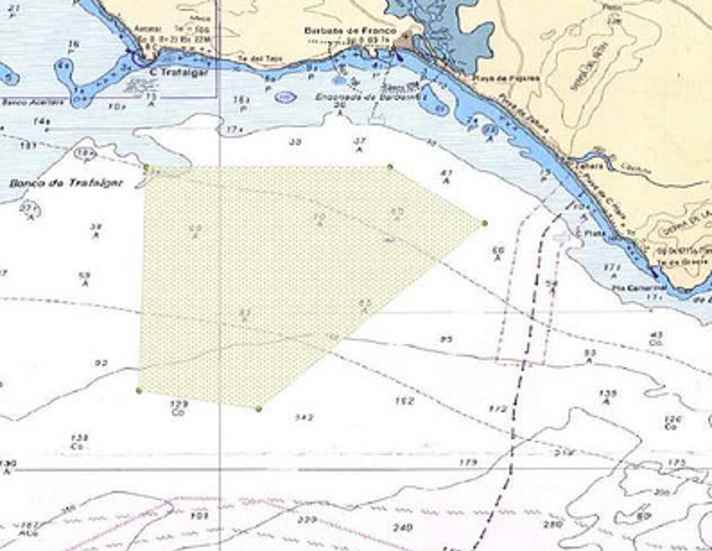
The number of incidents in which orcas harass and damage sailing vessels north of the Strait of Gibraltar is increasing again. In most cases, sailing boats up to 15 metres in length are affected. They are rammed by the whales and the rudder blades are severely damaged.
Now the Spanish government is pulling the ripcord in a particularly affected area on the Costa de la Luz in the south of the country. once again. At the end of September last year, it closed an area for sailing ships under 15 metres. At that time, however, the coast of Galicia in north-west Spain was affected.

The closure, which has been in force since 4 August, applies in the area two to nine nautical miles off the coast between Cape Trafalgar and the southern Spanish port of Barbate. The Spanish Ministry of Transport recently published a corresponding announcement. Accordingly, it is forbidden to sail through the area - under sail or under motor - or to anchor there. The closure will initially remain in place until 20 August 2021. It could be extended or shortened at any time.
There are exceptions for those yachts that have to leave or enter harbours that can only be reached through the restricted area. They may pass through the area by motor and by the shortest possible route. Vessels over 15 metres are required to pass through the area under motor only.
The first encounter of this kind, in which yachts were attacked by whales, took place at the end of March this year. Since then, according to the ministry, around 56 incidents have been reported to the specially established scientific working group "Orca Atlantica" has been reported. So far, 25 ships have had to be towed into the harbour by the Spanish sea rescuers.
Orca attacks caused quite a stir last year. What sailors are now experiencing off the coast of southern Spain, however, is something that international scientists are observing with great concern. "It is unusual behaviour on the part of the animals, which has so far mainly involved young animals," says Elke Burkhardt from the Alfred Wegener Institute. At the beginning of the observations, there were many hypotheses for the behaviour. However, according to the marine biologist, all of them remained without clear evidence.
How affected sailors experienced the incidents and what scientists say about the whales' puzzling behaviour,You can read about this in YACHT 18/2021, which will be published on 25 August.
